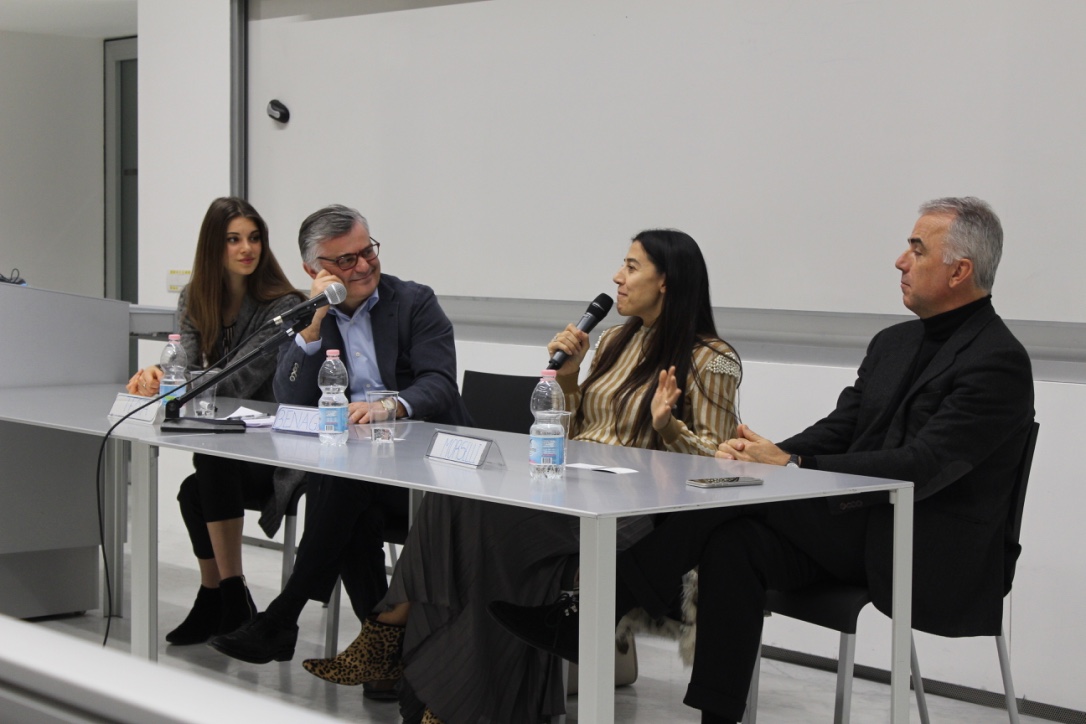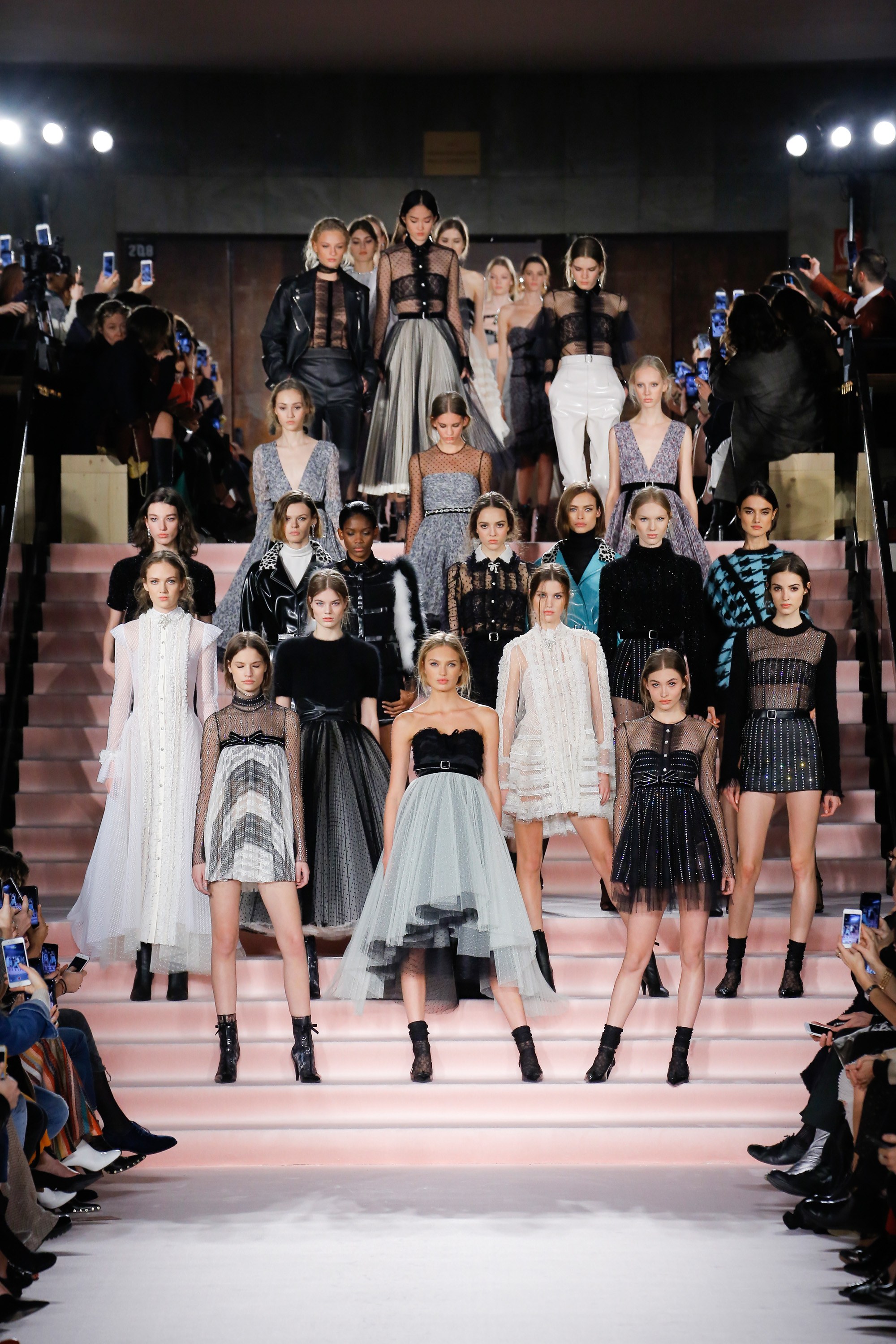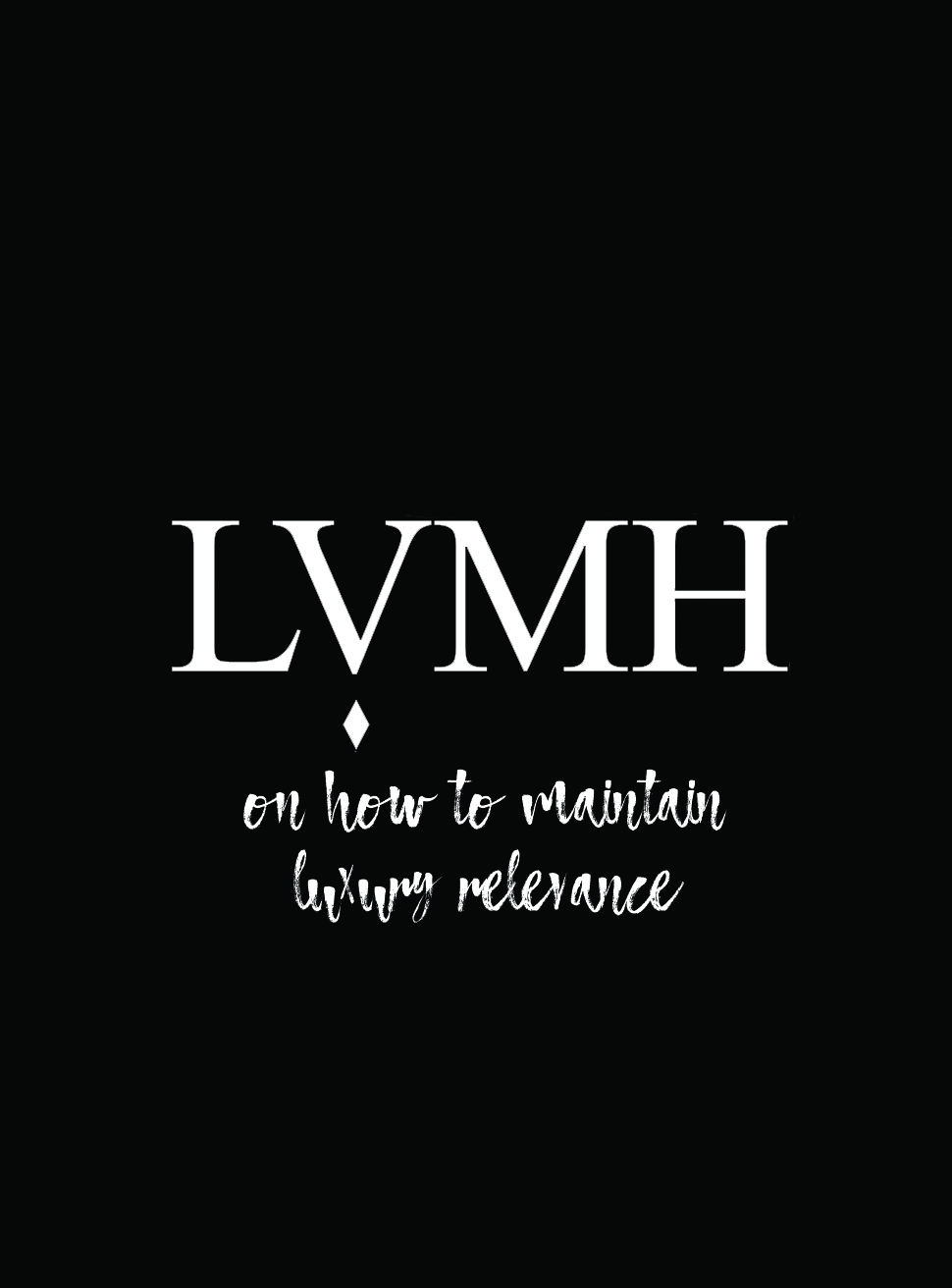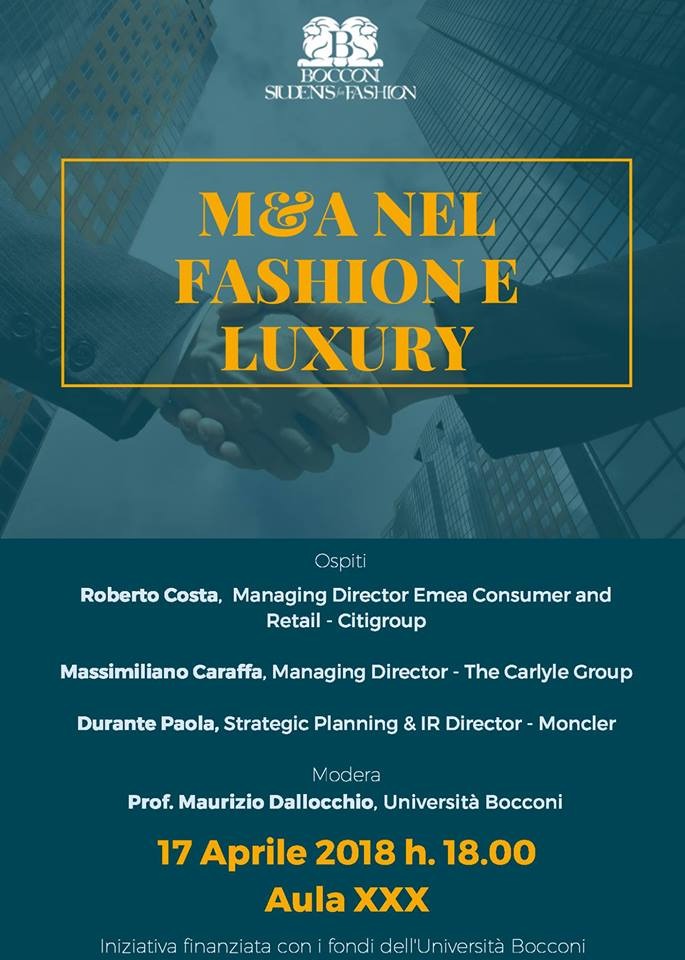At one of our latest BS4F conference we had as guests Eugenio Morselli, CEO of Giuseppe Zanotti Design and Roberta Benaglia, CEO of Style Capital SGR e Golden Goose, who explained to us the main dynamics that occur in the shoe industry. In Italy this branch whose success is rooted in great savoir faire, is worth around 14 billions of euro and it gives work to 77 thousands of people.
Both Giuseppe Zanotti and Golden Goose are luxury brands that developed in the last 20 years and in little time managed to export what they themselves defined respectively “rock” and “pop” shoes all over the world.
But what is the key of this quick success?
As both our guests agreed, a successful shoe business requires first of all innovation, that brilliant idea that makes a brand stand out.
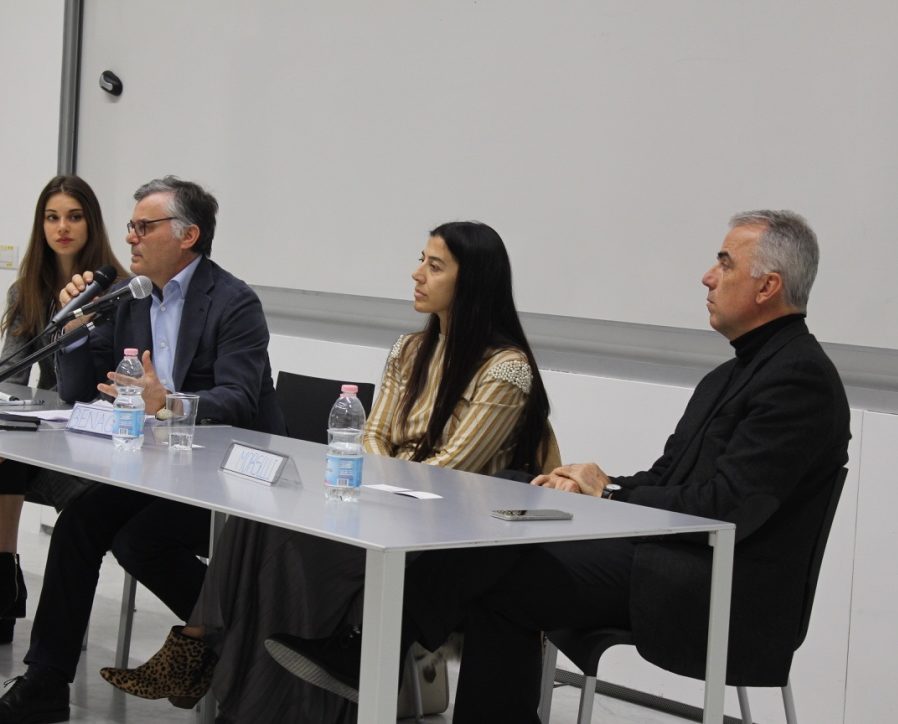
For Golden Goose this idea was to value the past: when the brand first made its entrance on the market in the early 2000, the fashion world had just started to appreciate distressed jeans. Golden Goose found inspiration from the vintage reality, and the develop its “pop shoes” that can overcome time and are a synthesis of past, present and future, since they look “old” although being currently fashionable, and are meant to last for the time to come. Together with this untraditional view, the brand glimpsed the upcoming trend of “casual chic” and launched luxury sneakers before anyone else in the market. As Mrs Benaglia stated, in a world that is all about fast-passing fashions, the value of Golden Goose stands in its ability to create long-lasting products, ability that also justifies the high prices charged. The quality their shoes boast is mainly due to the great artisan skills that can be found in Veneto, homeland of the brand, whose entire production is conducted in Italy. A net of small manufacturers allows Golden Goose to highlight customization and to create several limited editions that introduce a new concept of luxury as “exclusivity”.
The same symbiosis between firm and district has been developed by Giuseppe Zanotti with its hometown, San Mauro Pascoli, Reggio Emilia. Indeed, after few attempts to relocate, the brand realized that to find the craftsmanship suitable for its high-end shoes it must rely only on Italy.

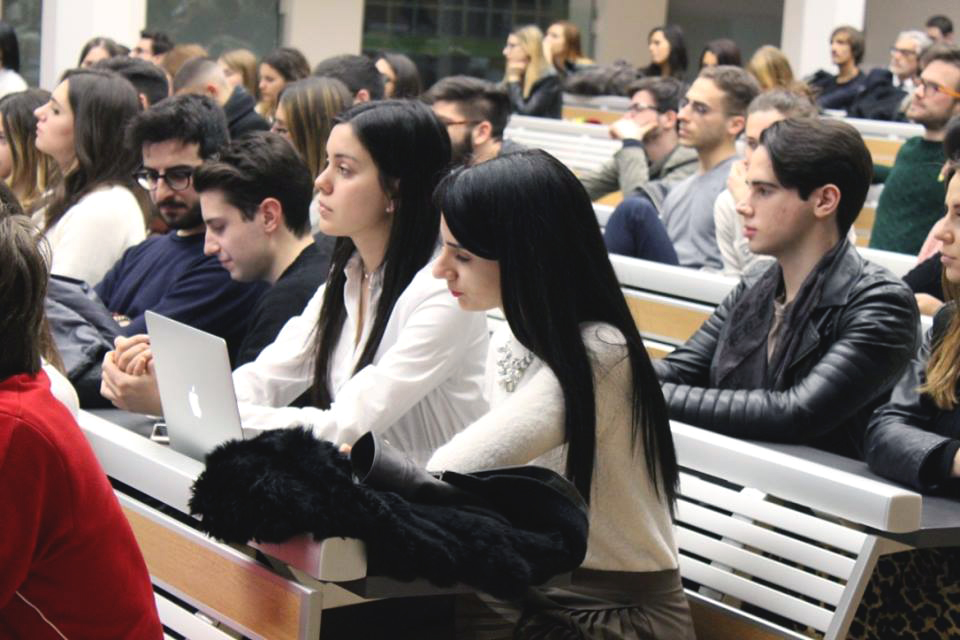
Beside this, Zanotti’s success comes from having designed unconventional, “rock ‘n roll” high-heels that went against bon ton criterions of the late 90s.
Moreover, Zanotti managed to bring its innovative idea of shoes into the men luxury market, therefore filling a gap that further increased its profits.
Which is the strategy that allowed those brands to expand worldwide?
Mr. Morselli first pointed out that the brand was first established in the USA, which still nowadays represents the market with the highest revenues. The striking fact is that in only ten years the Chinese market has become the second biggest one, with 26 shops (and about 51 in whole Asia). The strategy was basically to rely at first on franchising, and then, after having established a good brand awareness, switching to retailers. Communication strategy on the other hand aims at creating a global idea of the brand, therefore targeting a specific type of men and women : indeed, Zanotti differentiates in terms of distribution, but not in terms of products and means of communication.
Golden Goose instead at the beginning relied on wholesale, which is safer, especially for niche brands. The strategy that led to the success of the brand lies in the brilliant idea of introducing shoes in shops that sold only clothes. Golden Goose, indeed, aimed at selling a lifestyle and with its strategy it differentiated itself from other shoe brands. At first the main markets were Italy, France and Japan, where customers were looking for a new type of luxury. Then the brand expanded in the USA in 2012, when it managed to launch pre-collections, as well in developing market, such as those of South America and China, which has been deeply influenced by Korean trends. The latter has indeed experienced an incredible growth, due to the fact that the concept of “mixed luxury” (bringing together high-end items and mid-end ones) landed in Asia.
Overall those two brands have conquered the world founding their identity on the expertise rooted in the hearth of our beloved country.
